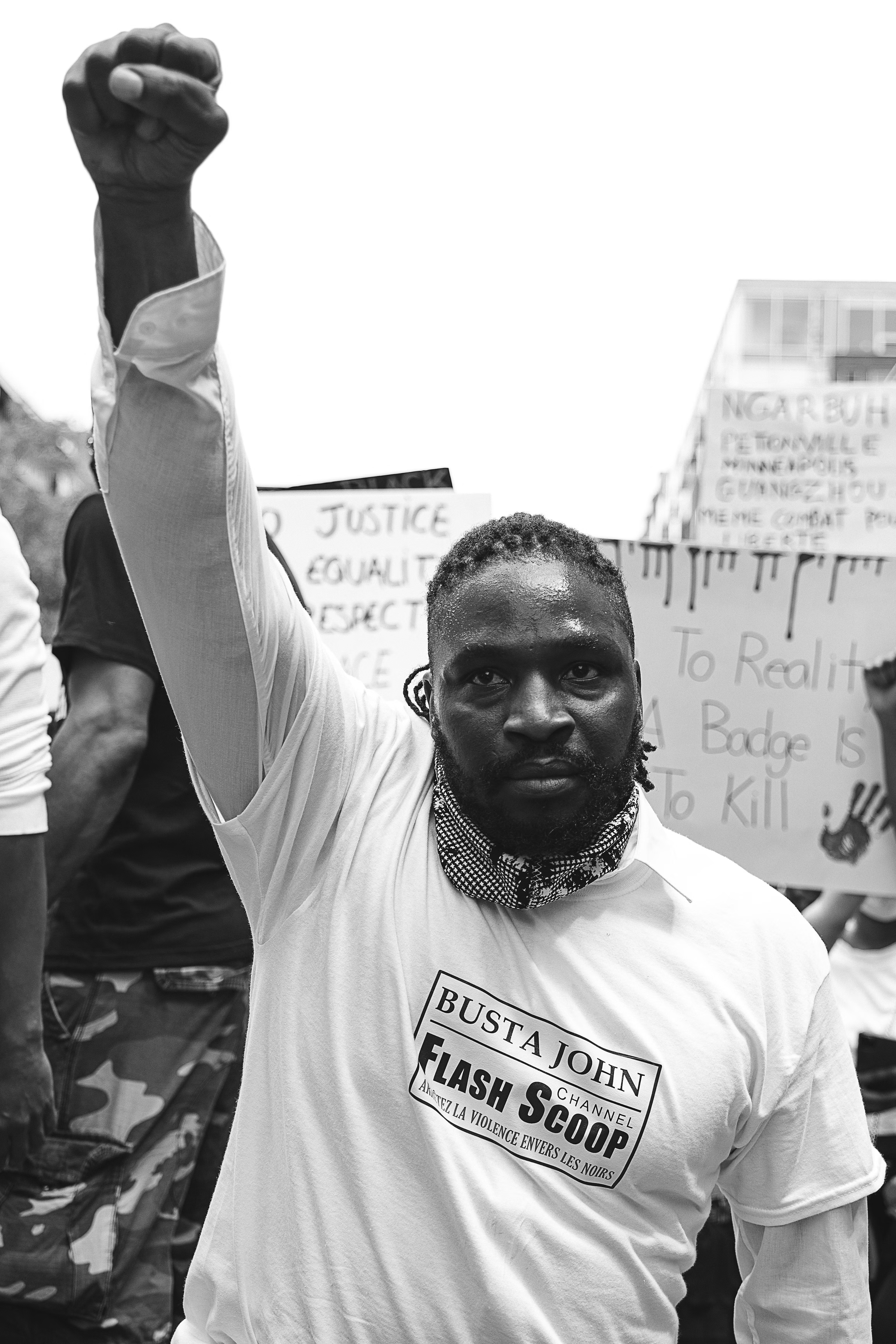On August 1, 2024, in a significant demonstration of civic engagement, citizens of Nigeria took to the streets in a nationwide protest tagged “End Bad Governance” to express their dissatisfaction with government policies and the worsening economic conditions in the country. Yet, the nationwide movement was met with forceful crackdowns by security forces, resulting in injuries and loss of lives. This tragic event highlights the ongoing struggle to protect the fundamental right to peaceful protest in Nigeria. To address this, comprehensive improvements in police training are required, laws protecting peaceful assembly must be strengthened, and security forces must be held accountable for excessive force.
The right to peaceful protest is enshrined in Chapter IV, Section 40 of the 1999 Nigerian Constitution as amended. This guarantees the right to peaceful assembly, a fundamental human right that allows citizens to express their views and hold the government accountable. Under the Nigeria Police Act 2020, the Police have a duty to protect protesting citizens with adequate security and uphold the fundamental rights of all citizens under maximum public safety.
Despite this constitutional guarantee, the reality on the ground tells a different story. Rather than protecting citizens as mandated, police officers are being used by those in power to suppress protests, often using lethal force against citizens. For instance, during the #EndSARS protests in 2020, Amnesty International reported casualties, with about 56 people killed by security forces. To address this, there is a need for more robust accountability mechanisms within the police force and a reorientation of officers toward their core duty of safeguarding citizens, rather than serving political interests.
Achieving these reforms would require comprehensive improvements in police training, stricter oversight, and clear consequences for misconduct to ensure they fulfill their constitutional obligations. The training should focus on conflict de-escalation, crowd control, and community engagement while upholding citizens’ human rights. Such training should be implemented through continuous professional development programs to ensure officers are consistently equipped to protect citizens’ rights and carry out their duties efficiently.
In the past, attempts have been made to stifle the right to protest in Nigeria. One such attempt was the promulgation of the 1979 Public Order Act, which remains Nigeria’s primary legislation regulating assemblies today. Several provisions of this Act conflicted with Section 40 of the Constitution, which provides for the right to peaceful assembly. For example, Section 1(2) of this Act provides that prior notification must be given, and a license issued before any form of protest, rally, procession, or assembly can be held in Nigeria.
The Court of Appeal, in its 2007 decision between the All Nigeria Peoples Party and the Inspector-General of Police court case, held that prior notification is no longer required, unless the organizers wish to receive police protection. Although the Court of Appeal in that decision quashed several sections of the Public Order Act, the Court’s decision is yet to see any amendments to the Public Order Act by the National Assembly. To adequately safeguard the right to peaceful protest, Nigeria’s legal framework must be strengthened.
The 1979 Public Order Act needs to be revised by the National Assembly to reflect the 2007 Court of Appeal’s decision and align with international human rights standards. This legislative reform is essential to ensure that citizens’ rights to peaceful assembly are fully protected and not undermined by outdated laws.
In conclusion, the right to peaceful protest is a democratic imperative that must be fiercely protected in Nigeria. The violent suppression of peaceful protesters is not only a violation of their constitutional rights but also a threat to the democratic principles that Nigeria stands for. Strengthening the legal framework, ensuring accountability for security forces, and fostering dialogue between protesters and the government are essential steps toward safeguarding this right.
By implementing these recommendations, Nigeria can move closer to becoming a truly democratic society where the voices of all citizens are heard and respected. The time to act is now before further erosion of civil freedom undermines the very foundation of the nation’s democracy.
Wonderful Koce is a writing fellow at African Liberty.
Article was first published on The Cable.
Photo by Mélodie Descoubes via Unsplash.

